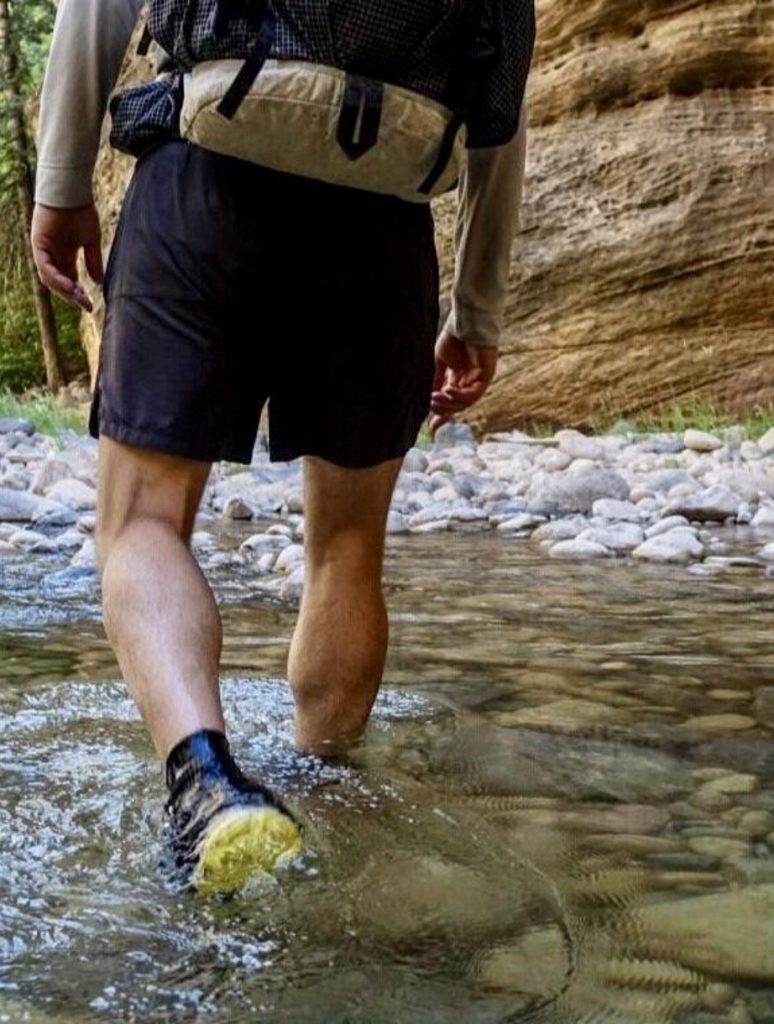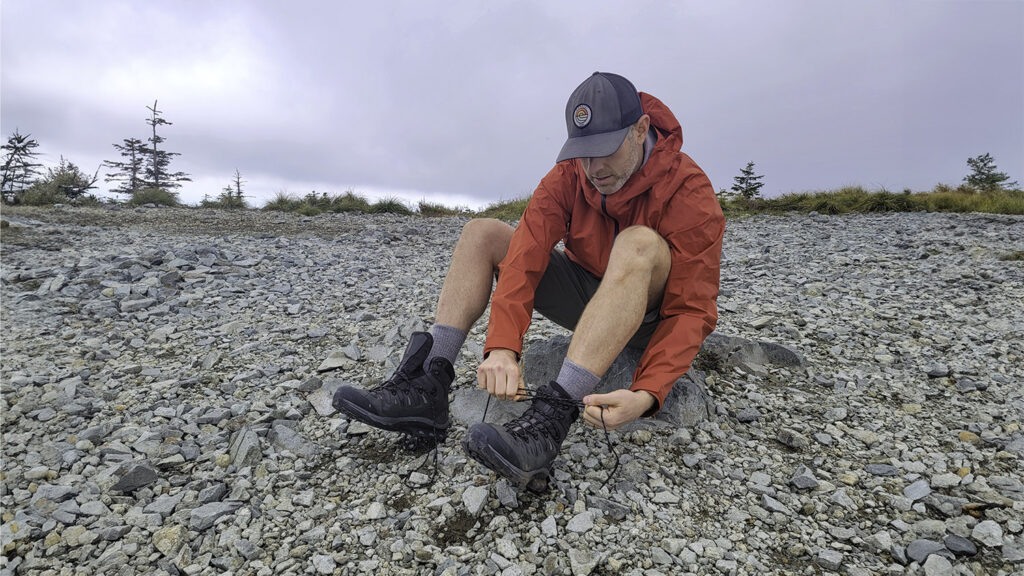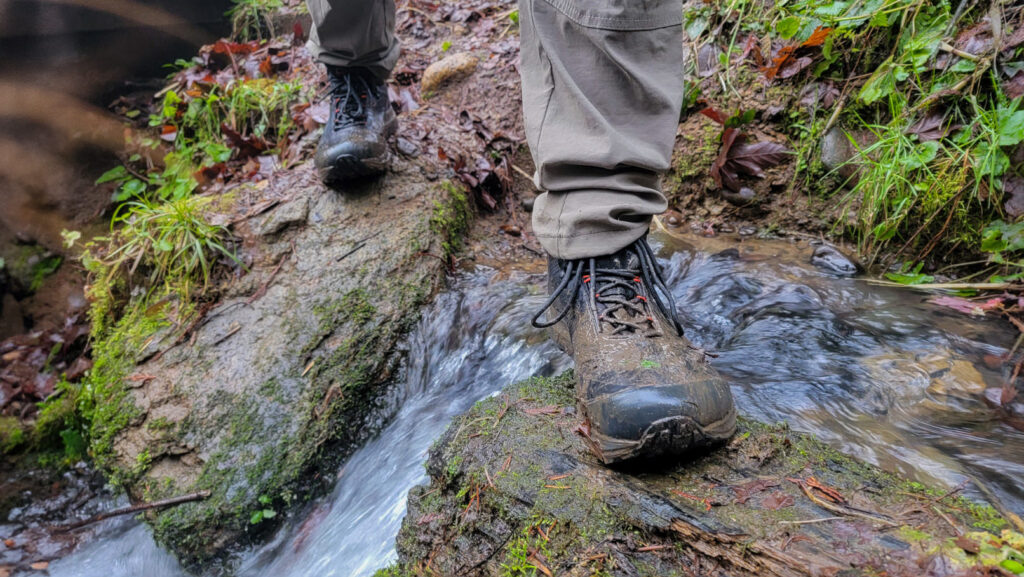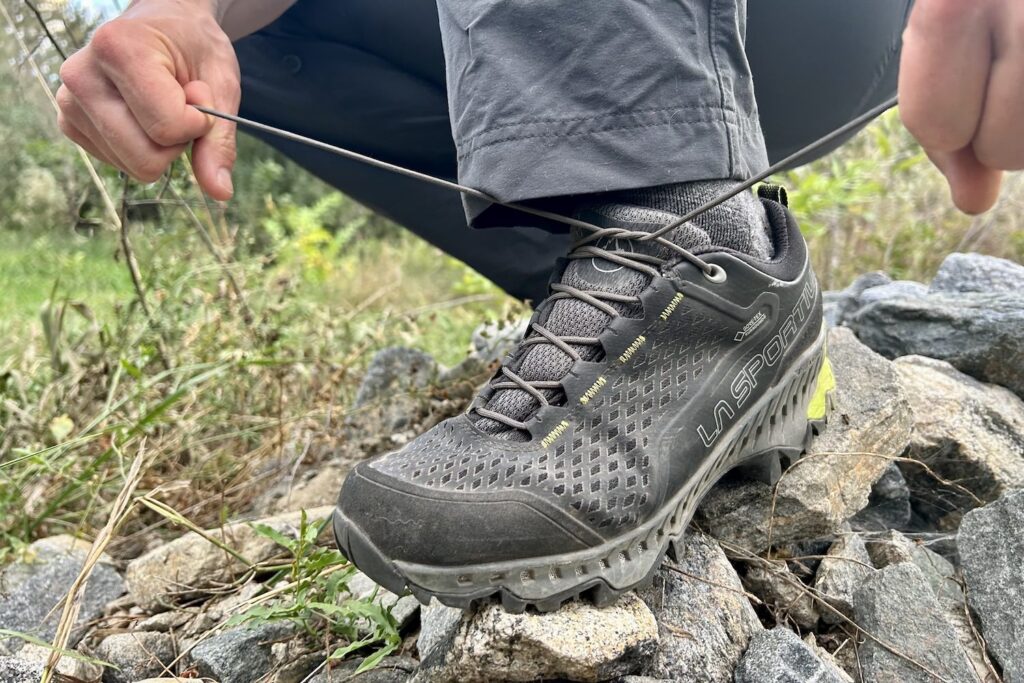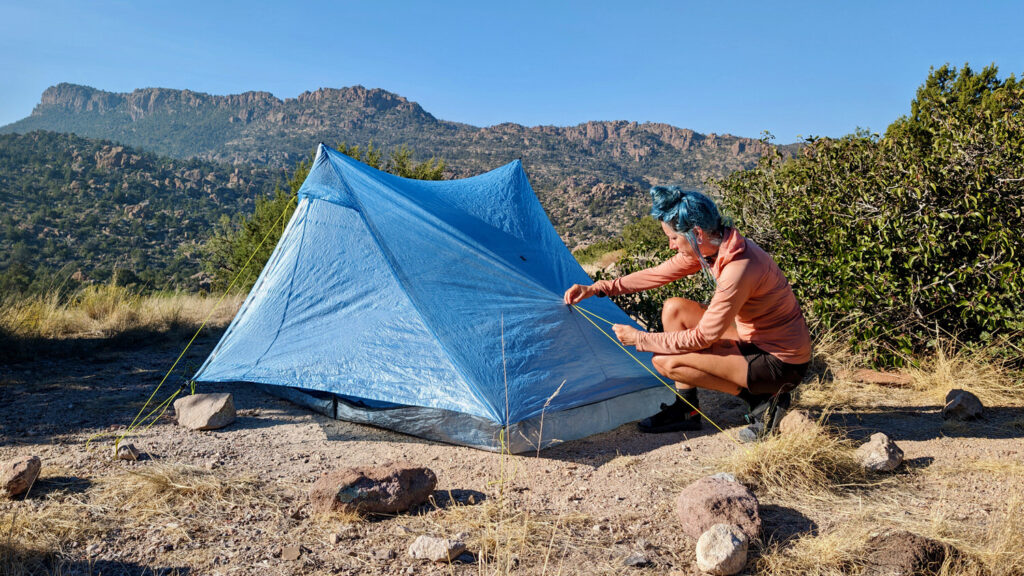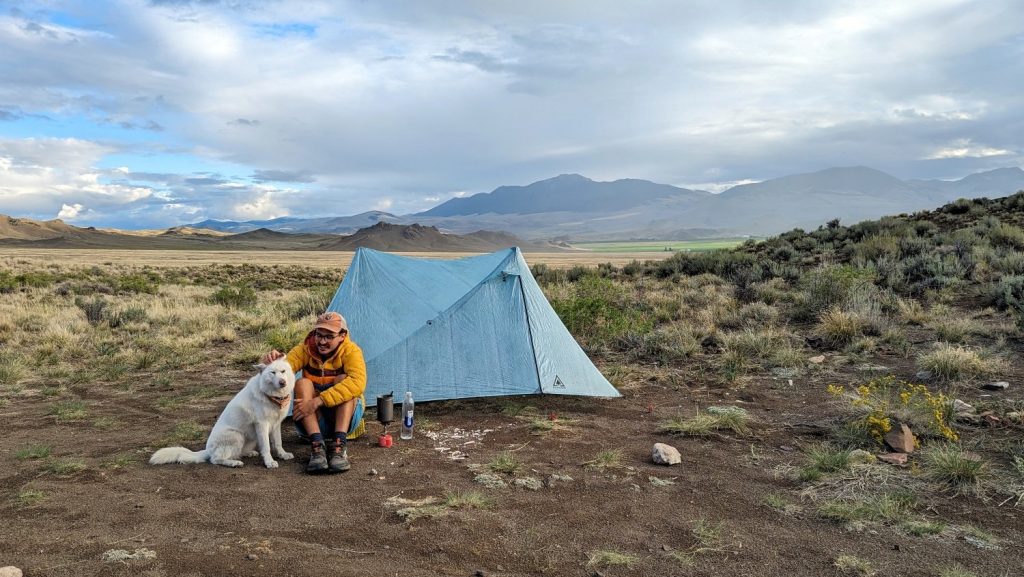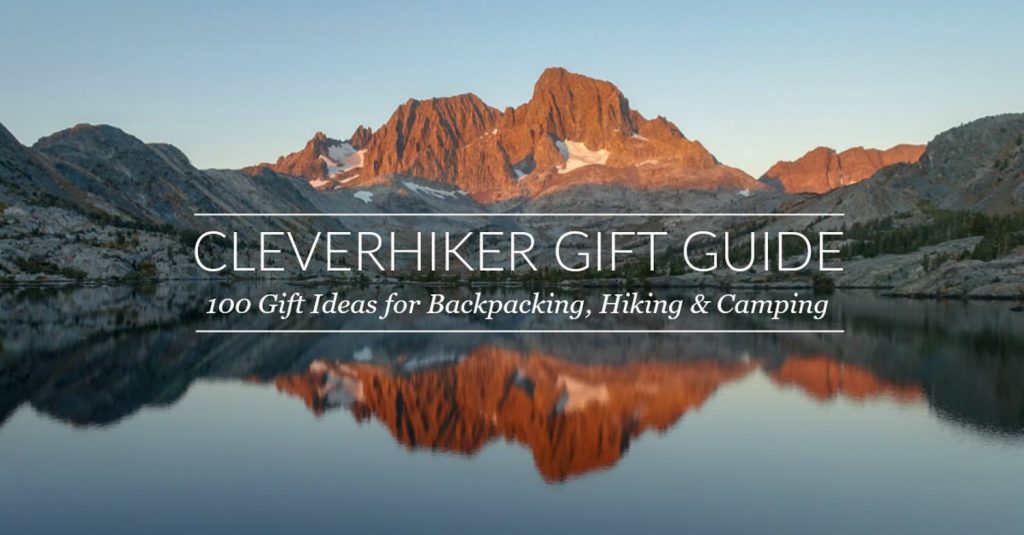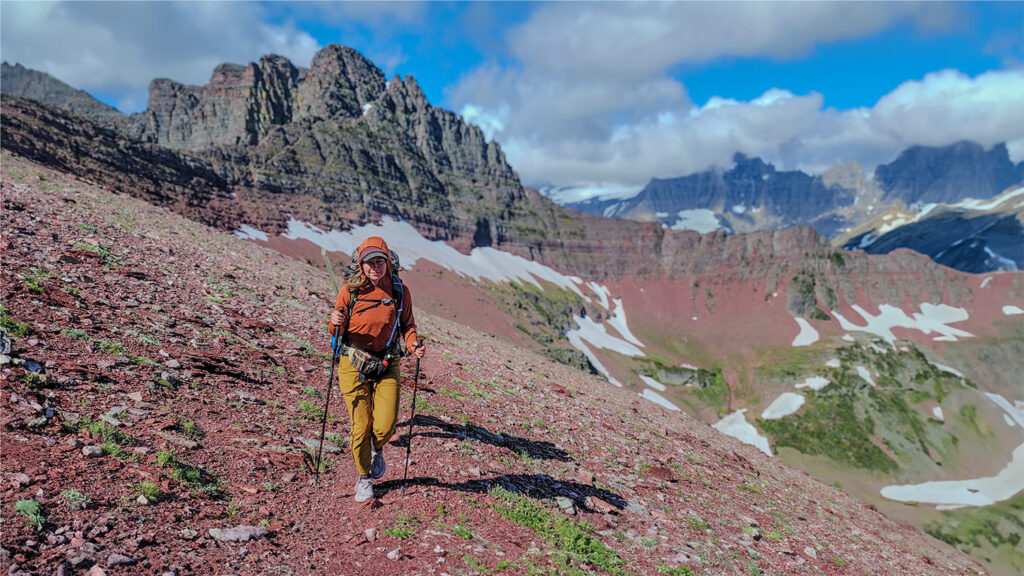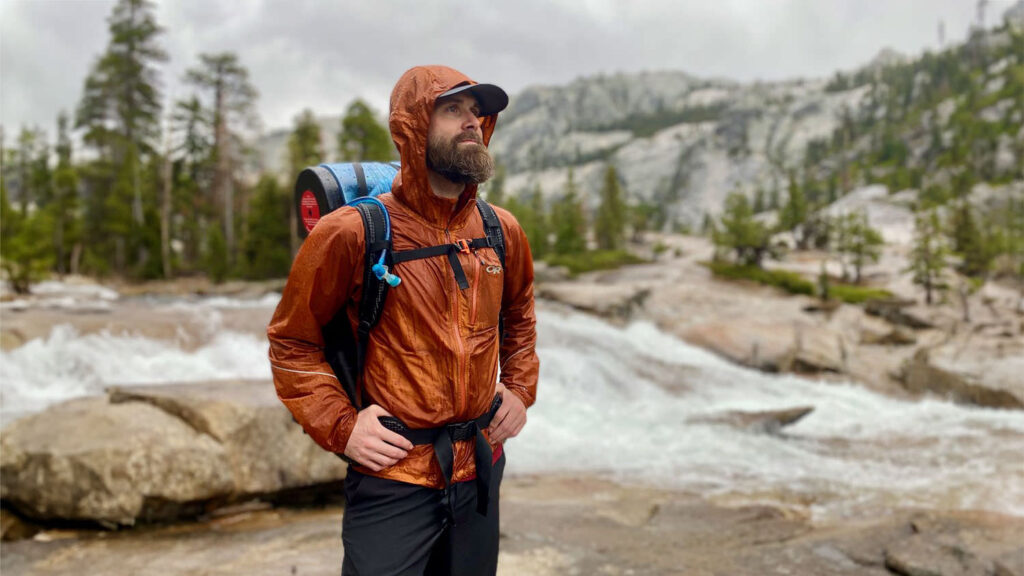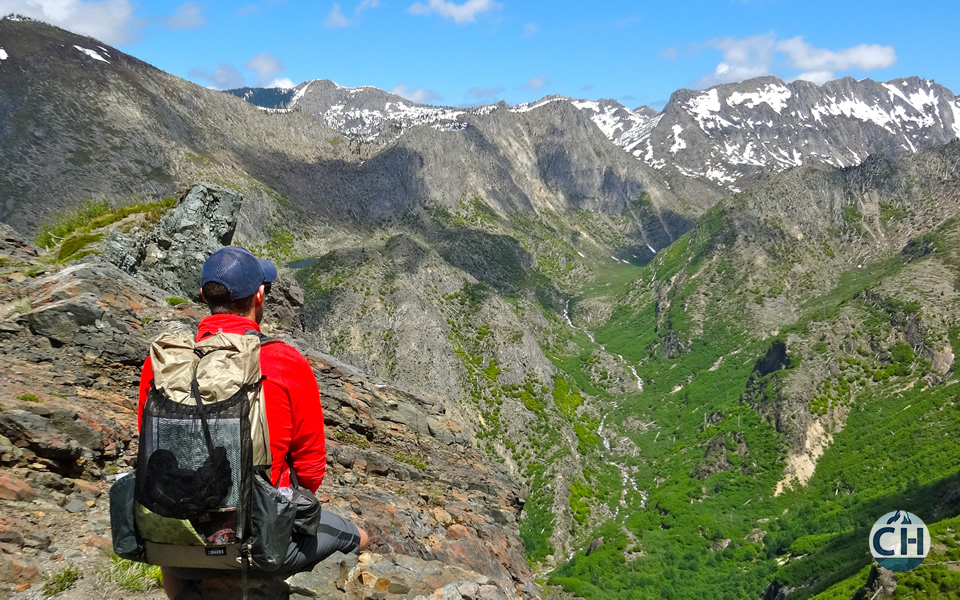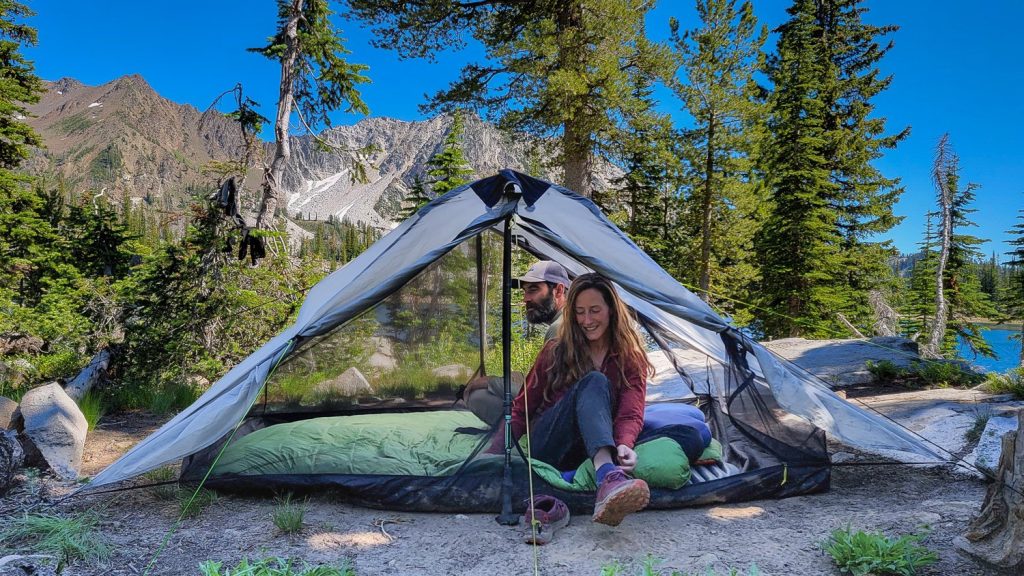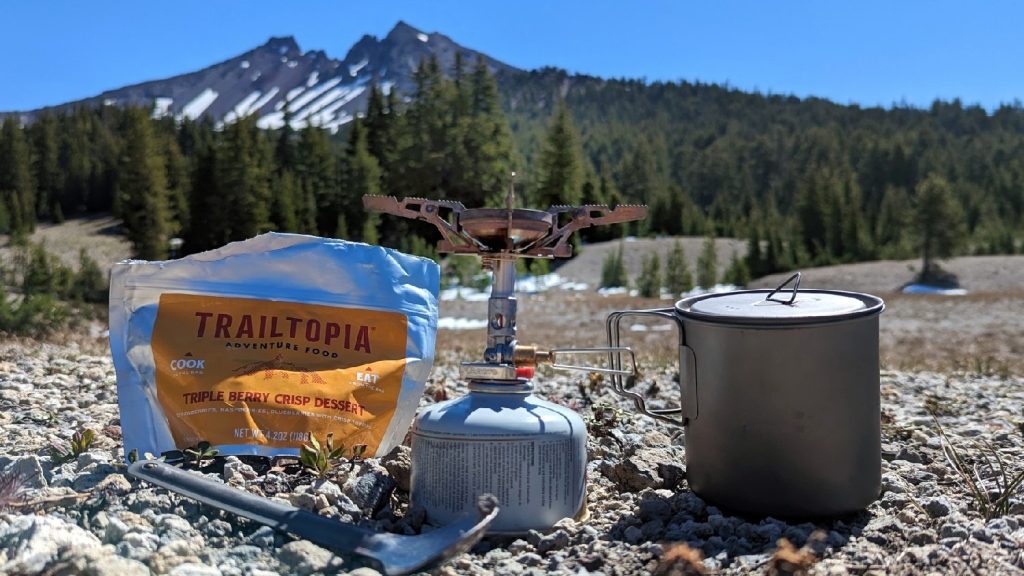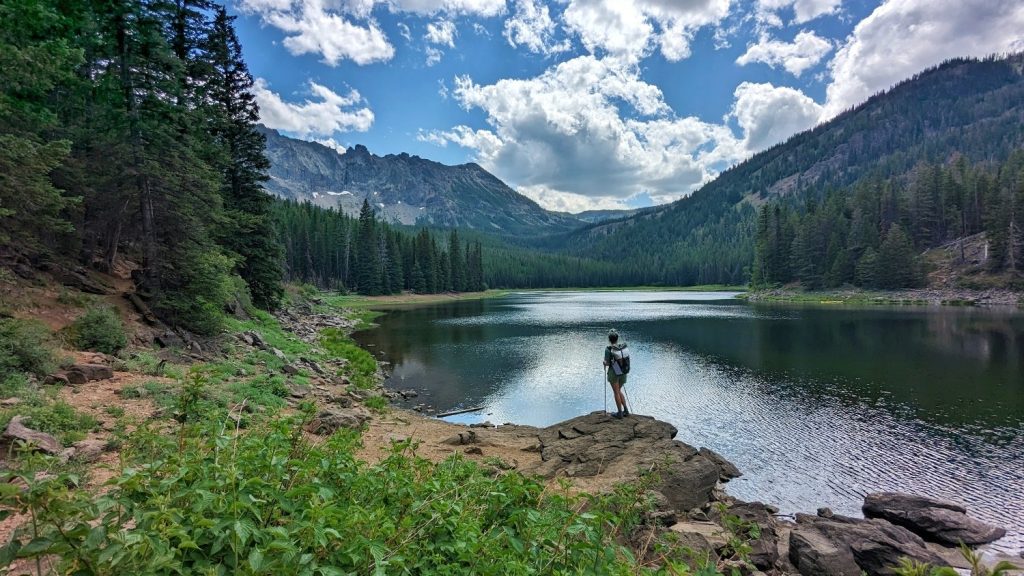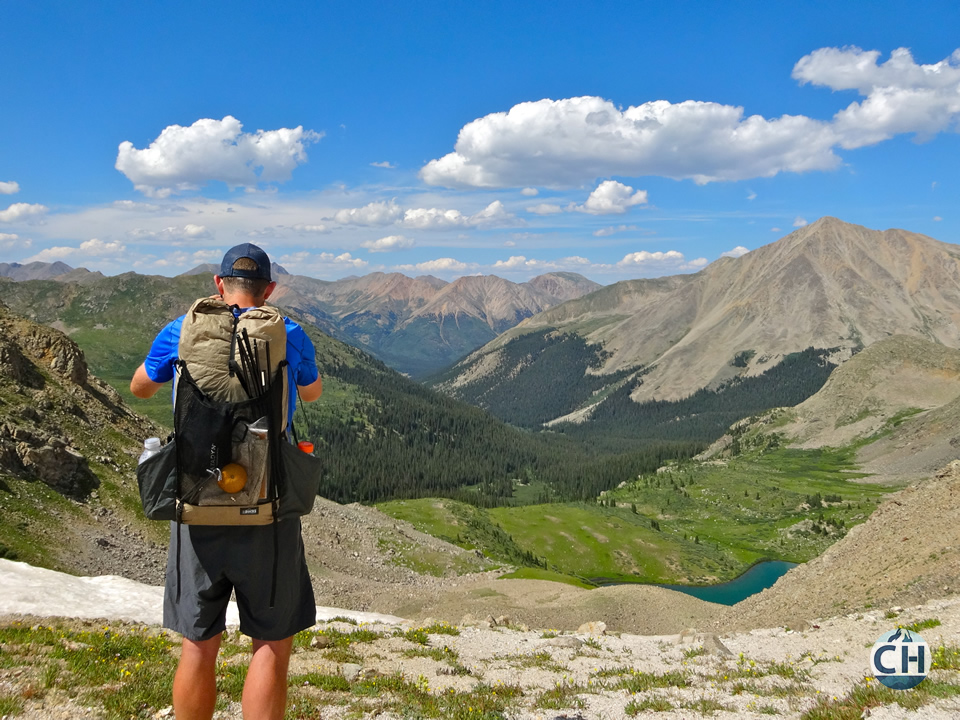
It’s true, the name “ultralight backpacking” is lame. It just is. It’s a title that’s trying too hard to sound extreme for an activity that’s inherently peaceful. And as a guy that’s played a sport called “ultimate frisbee” for the past 10 years, I have lots of experience with monikers like this. It’s also not really a different activity than traditional backpacking. Carry everything you need on your back into the wilderness and have an adventure. That’s backpacking. The weight of your pack doesn’t make the core activity any different.
And most importantly, being an “ultralight” backpacker is a poor measurement for success. Carrying a light pack doesn’t make you a better backpacker. Having experience, knowledge, and skill does. So why put so much emphasis on labeling the weight of your pack?
Still, even with all of its clear faults, ultralight backpacking is a title that does have some merit. I strongly suspect the label will be around for years to come and here are 4 of the main reasons why.
1. Light is What Backpackers Want
The title “ultralight” puts emphasis on a point that all backpackers care about; carrying less weight. Anyone who’s ever hauled a heavy pack up a hill knows that a lighter pack is more comfortable. Even weekend warriors with camp chairs and Colman stoves find ways to cut out unnecessary extras.
Every time I step onto the trail people stop me to ask about my pack. They want to know what type of gear I’m carrying and how I can keep my bag so light. They assume that I’m giving up a lot of comforts to get so light, but that’s not the case. They’re always surprised to learn that I sleep in a tent on a thick pad after cooking warm meals every night.
Hiking lighter is the natural evolution of backpacking and “ultralight” is just one way to categorize that trend. I’m not big on labels, but I do know that when I backpack with a lighter pack, I have a better time on the trail.
2. Ultralight Sells Gear
This is probably the main reason that the ultralight title will stick around; to sell equipment. Every time I visit REI I find more products listed as “ultralight.” Packs, tents, pads, stoves, poles, you name it. There’s no real standard for what gear is ultralight, so manufacturers can use the term as they please. It’s an effective way to say that their equipment is crazy light, and light sells in the backpacking world.
3. Backpackers Like Measurements
Most lightweight hikers spend hours weighing every piece of equipment they own. We fill out gear spreadsheets and read all the latest reviews of the newest lightweight tools. It’s a process that can actually be a lot of fun and it’s all in the name of creating a more comfortable experience on the trail. So, establishing an easy way to categorize total pack weight is simply inevitable.
If your base weight (pack weight without food, fuel, and water) is under 20lbs, your pack is called “lightweight” (LW). If it’s under 10lbs, your pack is “ultralight” (UL). If it’s under 5lbs it’s “super ultralight” (SUL). If it’s under 2.5lbs it’s “extreme ultralight” (XLU). And if it’s any lighter than that, you’re really just Naked and Afraid.
Do all those labels seem a bit much? I sure think so. Do they mean much? Not really. After all, you won’t feel a big difference between a pack that weighs 9.8lbs and one that weighs 10.2lbs. And it’s far more important to know your options, have a lightweight focus, and bring the gear to best fit the conditions. Still, creating a way to categorize total pack weight just seems standard and harmless.
4. It’s a Name That Pops
Like it or not, ultralight is a simple buzzword that gets straight to the point. It means “super freaking light” and that has appeal. Yes I think it’s lame and yes I think it’s unimportant in the grand scheme. But you do have to admit, it’s kinda catchy.
Your Thoughts?
What does the future hold for ultralight backpacking? I guess only time will tell. But I’d love to know what you think. If you have a free minute, fill out the comment form below help get the conversation started. As always, thanks for reading!


